Neuroscience
-

Vanderbilt students travel to Washington, D.C., for science policy event
Vanderbilt students explored the opportunities and challenges of setting policy on federal issues and advocacy related to science, technology, engineering and math during a two-day immersion event last week in Washington, D.C. Read MoreOct 27, 2014
-

Landmark book ‘Law and Neuroscience’ released
The new book 'Law and Neuroscience' is the definitive reference book on the use of neuroscientific evidence in courtrooms. Read MoreSep 5, 2014
-
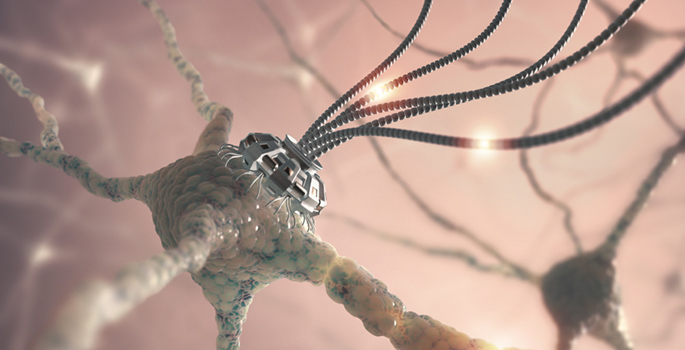
Three researchers receive EAGER awards
Three Vanderbilt researchers have received an award designed to better understand how complex behaviors emerge from brain activity. Read MoreAug 22, 2014
-

Fault trumps gruesome evidence when it comes to meting out punishment
A new brain study has identified the brain mechanisms that underlie our judgment of how severely a person who has harmed another should be punished. Read MoreAug 3, 2014
-

Research is shaping the undergraduate experience
According to a 2013 survey of graduating seniors, more than half did faculty-guided or independent research during their Vanderbilt careers. Read about five students for whom research has helped shape their undergraduate years. Read MoreMay 6, 2014
-
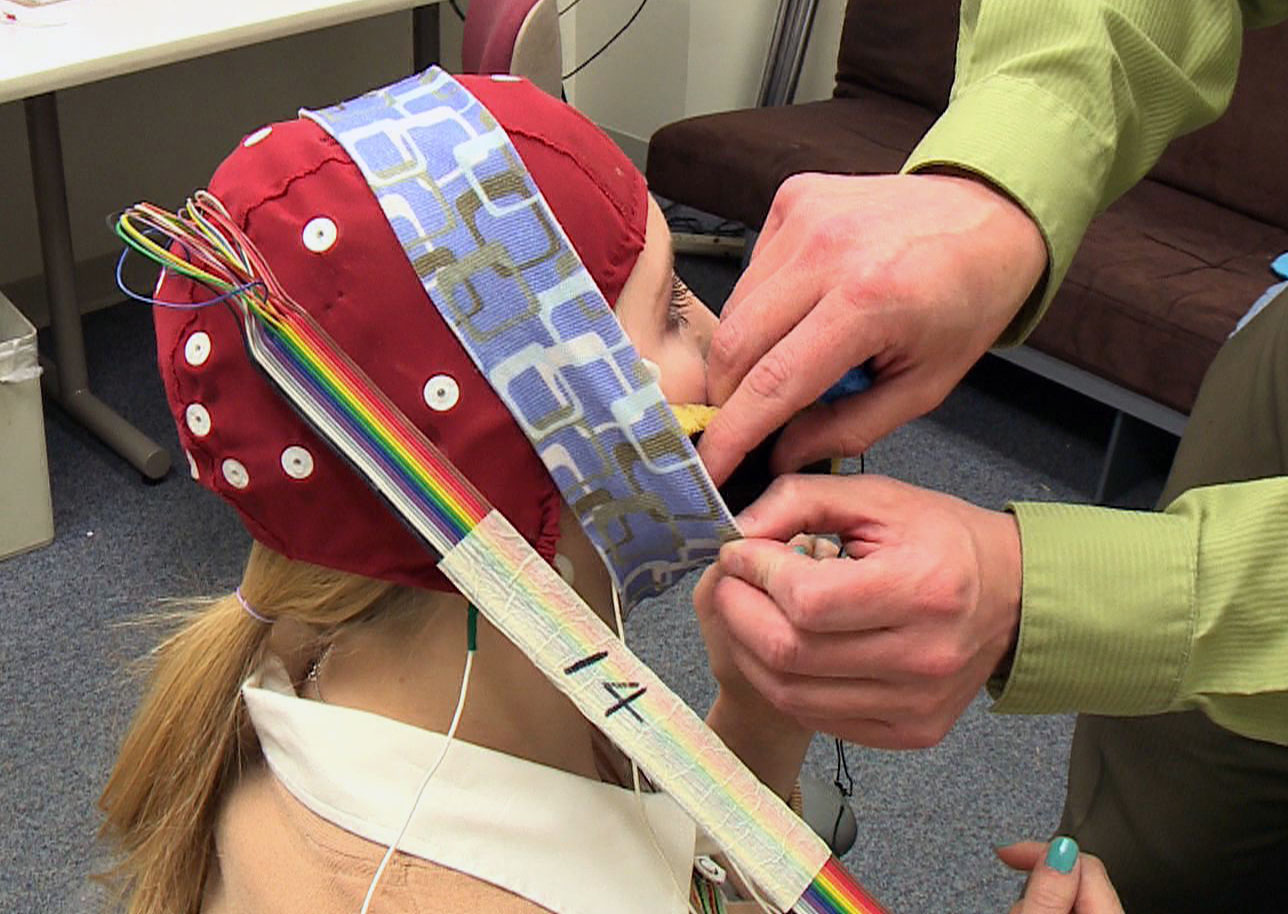
Electric “thinking cap” controls learning speed
In a new study published in the Journal of Neuroscience, Vanderbilt psychologists Robert Reinhart, a Ph.D. candidate, and Geoffrey Woodman, assistant professor of psychology, show that it is possible to selectively manipulate our ability to learn through the application of a mild electrical current to the brain, and that this… Read MoreApr 11, 2014
-
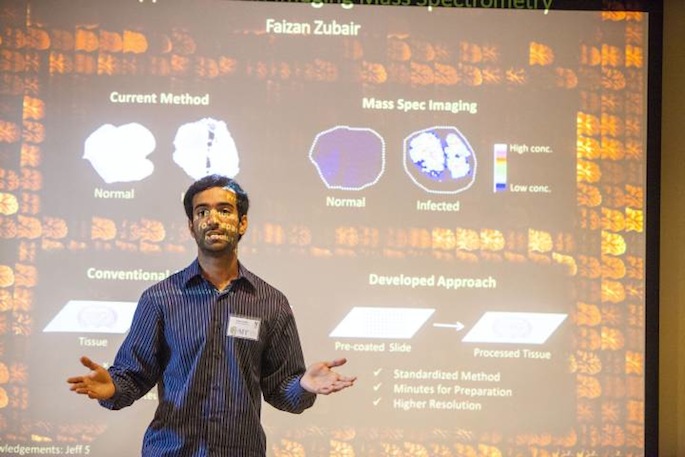
Graduate students compete to present the best “Three Minute Thesis”
Brain symmetry, woman warriors and malaria were among the research topics featured by the winners of the second annual Three Minute Thesis competition Read MoreApr 9, 2014
-

Dugan named to lead Division of Geriatric Medicine
Laura Dugan, M.D., the Larry L. Hillblom Chair in Geriatric Medicine at the University of California San Diego (UCSD), will join the Vanderbilt faculty on April 7 to direct Vanderbilt University’s Division of Geriatric Medicine, a division of the Department of Medicine. Read MoreApr 3, 2014
-

Electric “thinking cap” controls learning speed
Vanderbilt psychologists show it is possible to selectively manipulate our ability to learn through the application of a mild electrical current to the brain, and that this effect can be enhanced or depressed depending on the direction of the current. Read MoreMar 21, 2014
-

Brain mapping confirms patients with schizophrenia have impaired ability to imitate
A brain-mapping study of patients with schizophrenia has found that areas associated with the ability to imitate are impaired, providing new support for the theory that deficits in this basic cognitive skill may underlie the profound difficulty with social interactions that characterize the disorder. Read MoreMar 14, 2014
-
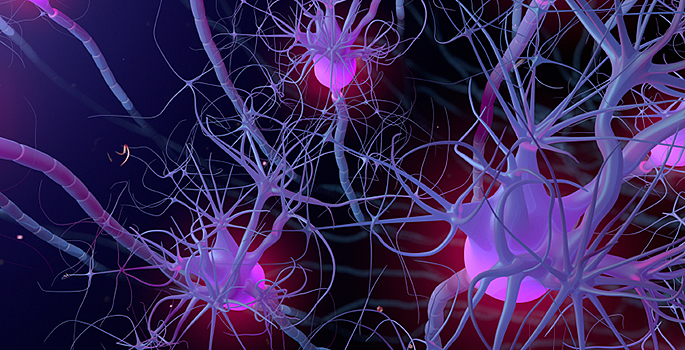
In the brain, the number of neurons in a network may not matter
A study has found that the time it takes neural networks in the brain to make decisions is remarkably stable regardless of size: a finding that could make it easier to achieve the goal of the President's BRAIN Initiative established last spring. Read MoreFeb 3, 2014
-
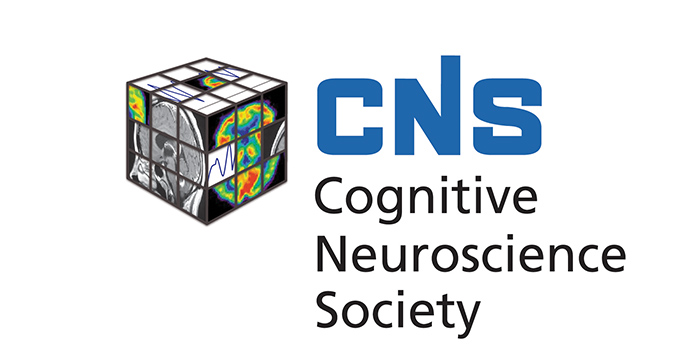
Jon Kaas wins major neuroscience award
Jon Kaas is the 2014 recipient of the George A. Miller Prize in Cognitive Neuroscience, which recognizes individuals whose research has had a revolutionary impact on the field. Read MoreNov 14, 2013
-

Universitywide limited submission opportunity: Rita Allen Foundation Scholars Award
Vanderbilt University may nominate one candidate for the Rita Allen Foundation Scholars Award Program for 2014. This award provides $550,000 over five years for young investigators involved in research in the cure and treatment of diseases in the fields of cancer, immunology, and neuroscience. Read MoreNov 1, 2013
-

Finding the place where the brain creates illusory shapes and surfaces
Neuroscientists have identified the location in the brain's visual cortex responsible for generating a common perceptual illusion: seeing shapes and surfaces that don't really exist when viewing a fragmented background. Read MoreSep 30, 2013
-

Two Vanderbilt professors part of PBS series ‘Brains on Trial’ Sept. 11 and 18
Research conducted at Vanderbilt is featured in "Brains on Trial with Alan Alda," a two-part televised series airing Sept. 11 and Sept. 18 on PBS that explores how the growing ability to separate truth from lies may radically affect the way criminal trials are conducted in the future. Read MoreSep 5, 2013
-

Cervical dystonia patients find answers, treatment at VUMC
Tammy Frazier has battled cervical dystonia for seven years. (Photo by John Russell) Seven years ago Tammy Frazier noticed an odd tremor in her neck. It wasn’t painful but was very noticeable, with her head almost constantly shaking back and forth. Her primary care provider referred… Read MoreSep 5, 2013
-

Universitywide limited submission opportunity: Simons Foundation
Vanderbilt may nominate one candidate for the Simons Investigators in the Mathematical Modeling of Living Systems (MMLS) award, which supports junior faculty for five years at $100,000 per year. Read MoreAug 16, 2013
-
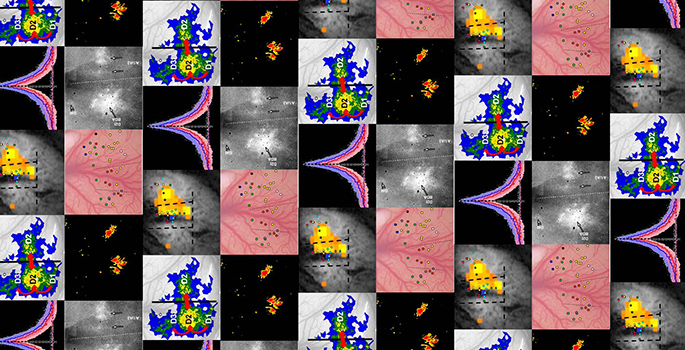
Validating maps of the brain’s resting state
A team of Vanderbilt researchers has provided important validation of maps of the brain at rest that may offer insights into changes in the brain that occur in neurological and psychiatric diseases. Read MoreJun 19, 2013
-

Shewa Adelekun wants to champion health care equality
Shewa Adelekun (Lauren Holland/Vanderbilt) When Shewa Adelekun was 5, her family emigrated from Nigeria to New York City. Her father, a doctor in his native country, took steps to complete his medical residency in the United States. Her mother, a nurse by training, became certified in the United States… Read MoreMay 6, 2013
-

Mad as a Hatter: Global efforts to reduce mercury emissions
Last month representatives of more than 140 countries agreed to the terms of a treaty called the Minamata Convention that would ban many uses of mercury by 2020. But the efforts do not go far enough, says Vanderbilt pharmacologist Michael Aschner. Read MoreFeb 18, 2013